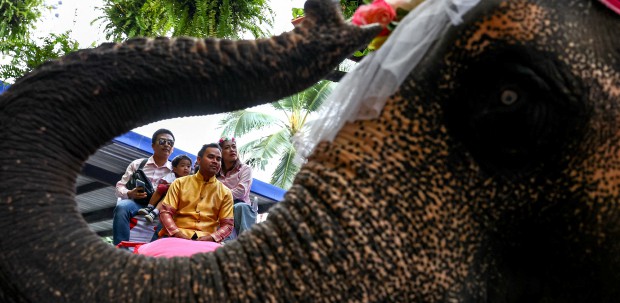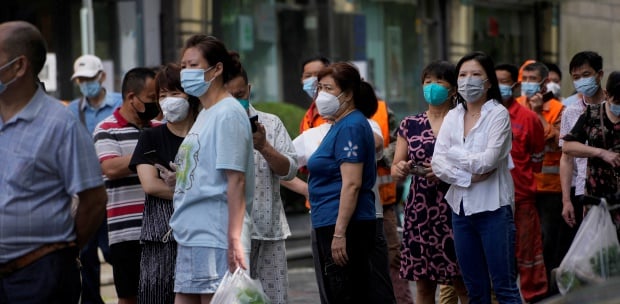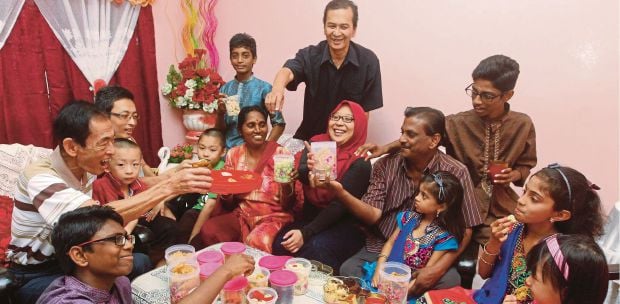MALAYSIA is on course towards recognising the right to a standard of living adequate for health and wellbeing.
The Health Ministry, in its Plan of Action 2016-2020, has identified the first strategic thrust as "Strengthen Delivery of Healthcare Services for Each Level of Disease Spectrum, Emphasising on Primary Health Care".
In the mid-term review of the 11th Malaysia Plan, under "Pillar 2: Enhancing inclusive development and wellbeing", the healthcare delivery system will be enhanced as one of the strategies to improve wellbeing for the whole population.
In the recent National Health and Morbidity Survey (NHMS) 2019, it is reported that one in 12 people in Malaysia used outpatient healthcare services in the last two weeks.
Forty per cent of them are the elderly, while almost three-quarters of outpatients sought the services due to health-related problems.
In contrast, 5.2 per cent of the population, or one in 20 people, were admitted to hospital in the past 12 months, with 75 per cent of them admitted to public hospitals.
It was also reported that only almost a quarter of the population, or 23.7 per cent, had visited a dentist in the last 12 months, 50 per cent visited a dentist more than two years ago and 15 per cent have never received dental care.
The NHMS 2019 also reported that healthcare spending from total household monthly expenditure last year was at 5.1 per cent.
The financial sources for healthcare services mainly came from current income (81 per cent), 36 per cent used savings and another 11 per cent borrowed from family and friends other than household members.
For supplementary financial coverage, 45.5 per cent of the population in Malaysia and 70.6 per cent of the 20 per cent poorest population did not have any form of supplementary financial coverage, except healthcare services provided by the government.
The current main focus of the public healthcare system is to mitigate the threat of Covid-19 and this has slightly affected other healthcare services.
For example, tuberculosis (TB) deserves the same serious attention as Covid-19 since TB cases have seen a two per cent increase last year compared with 2018.
A recent study has indicated that if no decisive action is taken, the global fight against TB will likely lose as much as five to eight years of progress. In the study's modelling, if there is a three-month lockdown and a 10-month recovery period, there will likely be a 10.7 per cent increase in TB infections and a 16 per cent increase in TB deaths globally.
This illustrates the importance of other healthcare services to prevent the public healthcare system from getting overwhelmed by other diseases. National awareness campaigns on healthcare must be championed urgently.
As reported in the NHMS 2019, in general, 35.1 per cent of adults have low health literacy. Some 28 per cent have low health literacy in managing medical issues, 32.3 per cent have low health literacy related to disease prevention activities, and 27 per cent have low health literacy in health promotion and healthy lifestyle practices.
Covid-19 provides an opportunity to increase the level of health literacy as exemplified in the increased interest of the population in following the Health Ministry's advice. The national budget for the ministry has seen a steady increase in the past five years.
Healthcare expenditure get nine to 10 per cent of the total annual federal budget. Achieving universal health coverage is vital in ensuring the right to health as enshrined in Article 25 of the Universal Declaration of Human Rights.
Covid-19 is a blessing in disguise in the fight to achieve universal health coverage. The additional financial allocation and human resources provided to face this deadly disease must be utilised to enhance the national healthcare system.
It has also brought the whole nation's population together, with everyone paying more attention to healthcare.
Covid-19 has shown that health security and universal health coverage are both crucial, and that robust health systems grounded in primary healthcare will contribute to health security and universal health coverage.
The writer is a research officer at Parliament who wrote this in conjunction with International Universal Health Coverage Day today





